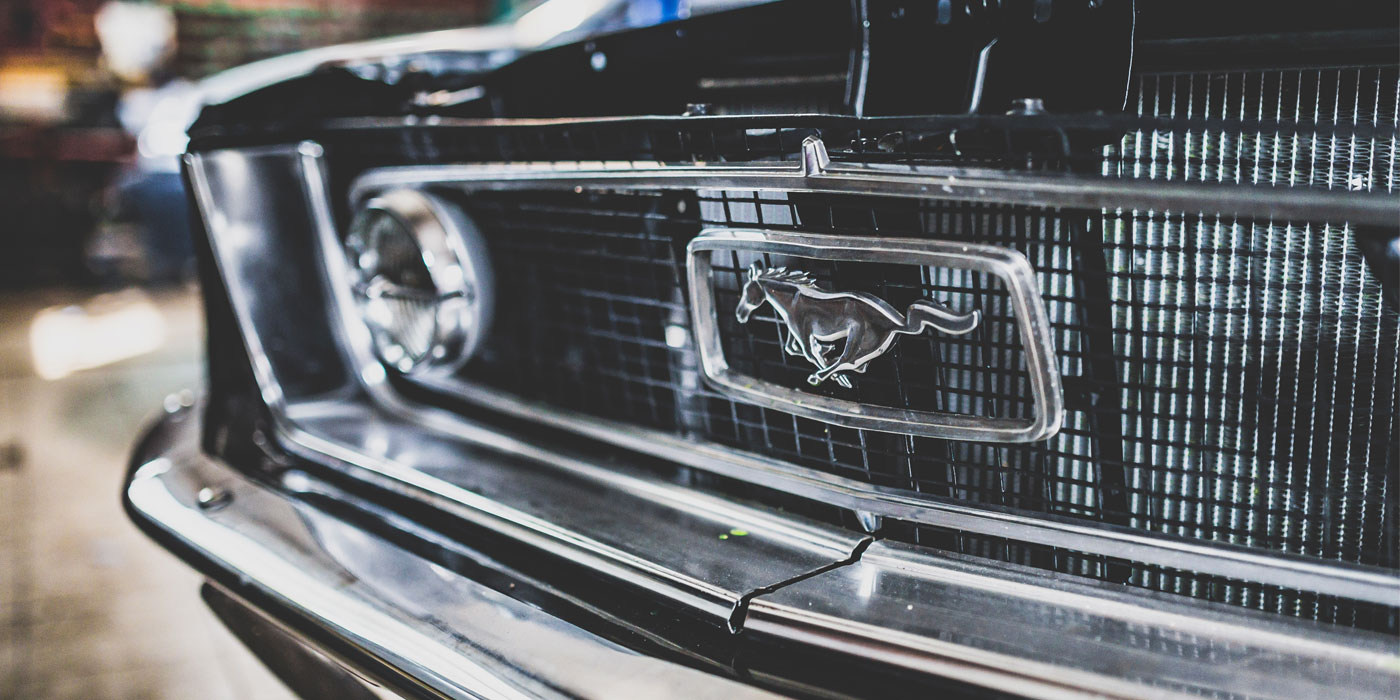There is a great deal you need to know if you want to become a car broker. We are a team that provides easy and cost effective access to the tools you need to learn. Thanks to our Car Broker Business Package, you’ll be able to discover how this profession works. You also get materials you can use going forward, including guides on how to find vehicles and more.
Burning oil is a red flag
 One thing used car owners may discover is their vehicle burning oil. This is a red flag that demands your attention ASAP. Should you overlook the problem, it will lead to major and irreparable damage. You will have some hefty repair bills to attend with, and may find it impossible to sell the car in the future.
One thing used car owners may discover is their vehicle burning oil. This is a red flag that demands your attention ASAP. Should you overlook the problem, it will lead to major and irreparable damage. You will have some hefty repair bills to attend with, and may find it impossible to sell the car in the future.
In this guide, we intend to go over why cars burn oil. Also, we will look at ‘normal’ oil consumption and why it differs among motors.
Even though burning oil is a prevalent concern, car manufacturers give diverse guidelines. So, it can be difficult to determine what constitutes standard oil consumptions. For example, car owners may be told it is a regular occurrence for specific engines to burn a litre of oil in under 1,000 miles. Other manufacturers say that one litre within 2,000 miles is inside the standard range. A fair number of manufacturers also stay silent on the subject.
One general rule is that most engines with under 50,000 miles should not use more than a litre of oil between changes. This is unless the manufacturer specifies otherwise.
Excessive consumption
Massive oil consumption, such as needing 1 litre every 4,000 miles or less, can be indicative of problems. That can include internal engine issues and leaks. A car broker should take note of issues like this.
When an engine exceeds 50,000-70,000 miles, higher oil consumption becomes the norm. It is particularly true past the 100,000 mile mark. As a general rule though, 1 litre in 10,000 miles is something you can accept as normal for a standard petrol or diesel engine. This doesn’t include high performance cars.
What’s more, the kind of oil plays a critical role. Several contemporary engines use thinner, low-viscosity oils. This can contribute to higher consumption, especially with engines possessing worn components.
Causes
Now that we’ve discussed burning oil, let’s look at the culprits behind it. A car broker should be aware of them. Your vehicle burns oil internally when it enters the combustion chamber. It is a place it should never be. Such a situation can happen because of many faulty engine components.
The Positive Crankcase Ventilation (PCV) valve is essential for eradicating harmful gases. These are ones created through combustion. If your PCV system becomes clogged, oil gets drawn to the engine. To overcome the issue, you must replace the valve.
Piston rings generate a seal against the cylinder to stop combustion gases escaping. Worn rings can enable oil to enter the chamber.
Then there are damaged valve seals. They stop oil from leaking into the combustion chamber. However, wear or damage means they can’t do their job properly.
Next we have broken gaskets. They work to stop oil spilling on other engine components. Continuous cooling and heating over time can cause harm and gaps in a gasket. What you end up with are oil leaks.
Finally, we come to damage in the oil pan. It can happen because of road debris or impacts with uneven surfaces. A problem with the pan can lead to fast oil leakage.
Learn how to be a car broker with us
At Auto Car Brokers, we give customers the option of purchasing modules separately or all at once. This allows them to learn at their own pace. You can use what you need when you need it.
So, if you’re interested in learning more about the role of a car broker, contact us today.







